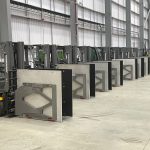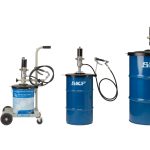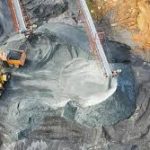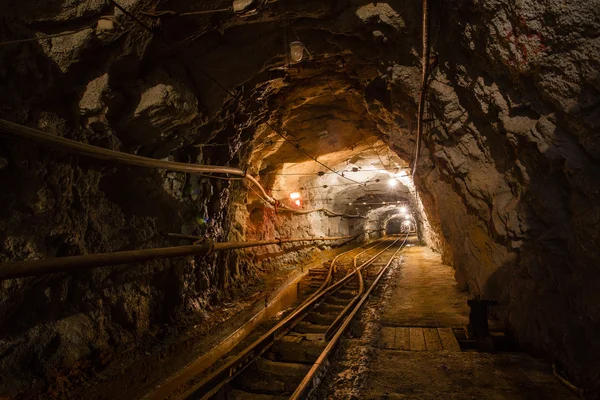Konkola Copper Mines (KCM) Plc has launched a transformative underground rail rehabilitation project at its flagship Konkola mine in Chililabombwe, Zambia.
The initiative aims to more than double the mine’s copper ore transport capacity—an essential step in accelerating production growth and unlocking the full potential of one of the richest copper deposits in the world.
The ambitious project spans nearly 6 kilometers of underground rail and officially commenced on July 2, 2025.
It was inaugurated by Vedanta Group CEO Deshnee Naidoo during her visit to the site. Once complete, the upgrade will increase tramming capacity from the current 850,000 tonnes per annum (ktpa) to approximately 1.5 million tonnes per annum (mtpa), with a long-term goal of reaching 4 million tonnes annually.
Renowned infrastructure specialist Flint Rail Projects has been appointed to execute the three-phase rehabilitation, which begins at the 875-meter level of No. 4 Shaft. The upgrade is scheduled for completion by April 2026.
“This upgrade is essential,” said KCM Chief Operating Officer Malcolm Mewett. “While Konkola hosts one of the world’s richest copper orebodies, aging rail infrastructure has created bottlenecks. This modernization will allow higher train speeds, reduce derailments, and significantly cut ore transport cycle times.”
KCM Director of Mining Praveen Sharma called the rail overhaul a “historic milestone,” marking the first major rail system upgrade at the Konkola mine in over a decade.
He emphasized that the investment aligns with KCM’s broader modernization strategy and supports Zambia’s national goal of producing 3 million tonnes of copper by 2030.
The improved underground rail network will directly contribute to KCM’s target of producing 300,000 tonnes of copper annually by 2031, significantly enhancing its role in Zambia’s copper-led economic resurgence.
“This project is not just about rail—it’s about creating a backbone for long-term production growth,” Sharma added.
As global demand for copper continues to rise—driven by energy transition technologies such as electric vehicles and renewable energy infrastructure—KCM’s investment in efficient, modern transport systems is seen as a strategic move to remain competitive and sustainable.
The rail upgrade reinforces KCM’s commitment to operational excellence, safety, and efficiency while positioning the company as a key contributor to Zambia’s copper sector and broader economic ambitions.















